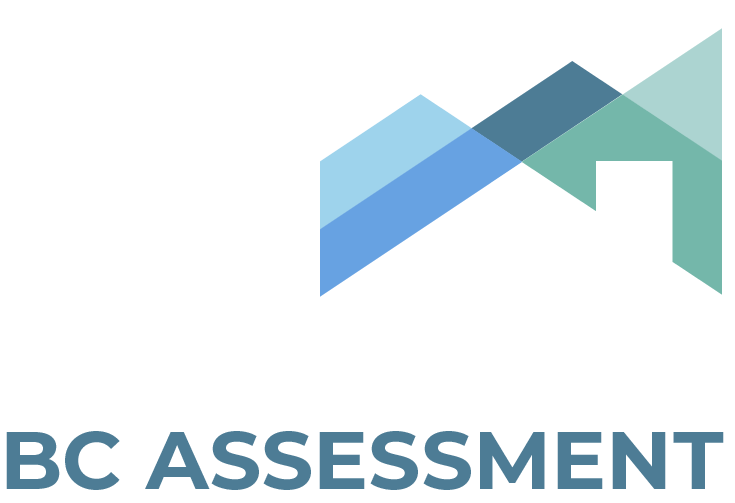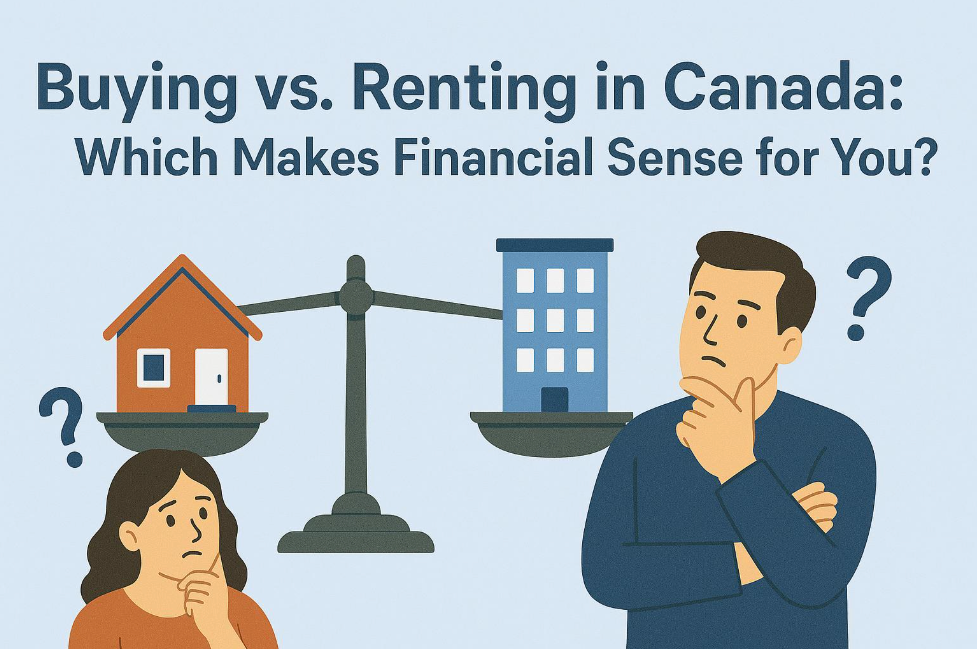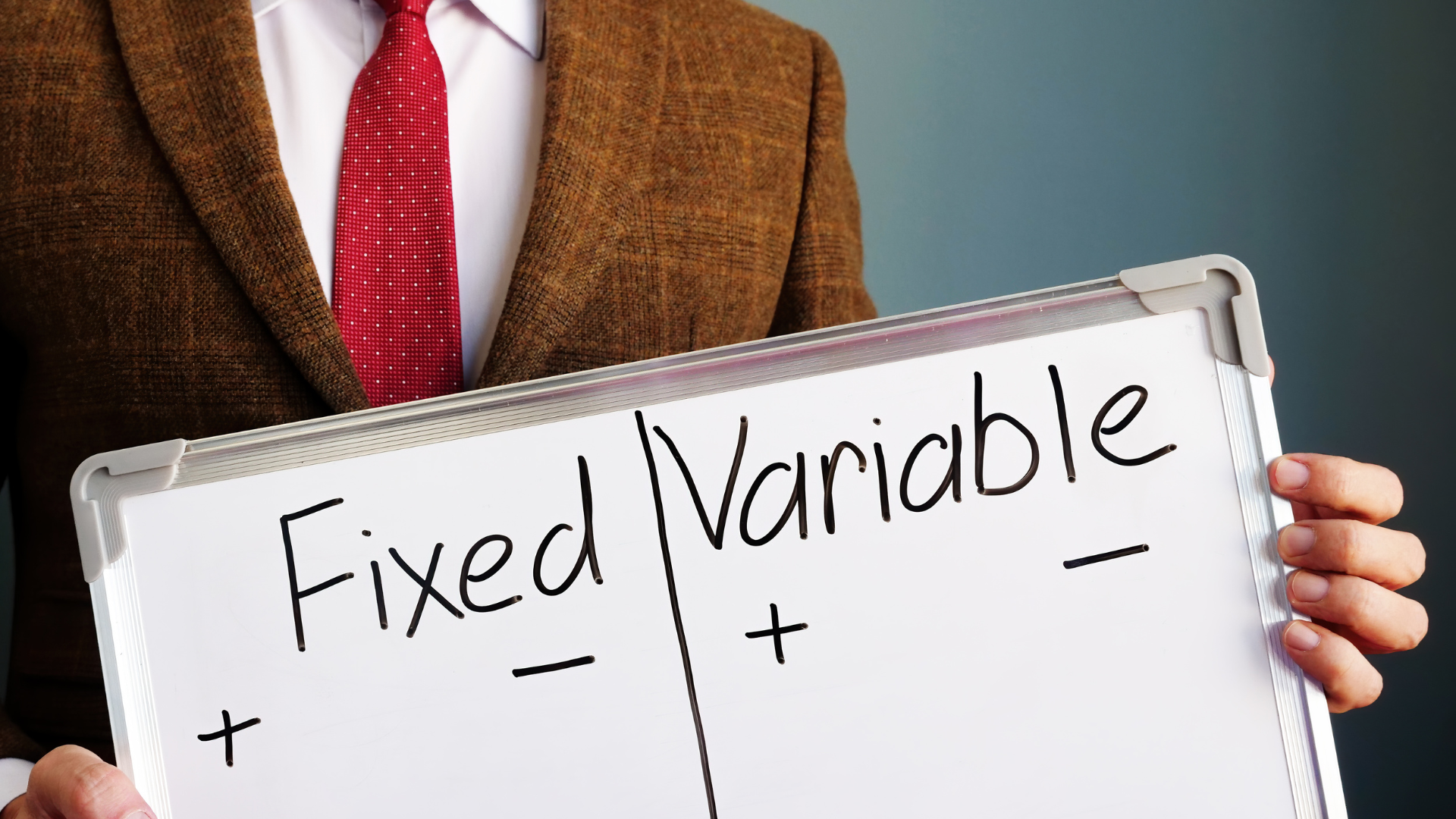BC Property Assessment vs Home Appraisal

What is BC Assessment?
It’s January and in BC homeowners have started receiving their property assessments.
BC Assessment is a provincial Crown corporation that values all real estate property in British Columbia. Every year, BC Assessment sends property owners a Property Assessment Notice telling them the fair market value of their property as of
July 1 the prior year.
To see the most recent assessment for a property, click on
BC Assessment
and type in the property address.
- The real estate market is the single biggest influence on market values. Market forces vary from year to year and from property to property. The market value on an assessment notice may differ from that shown on a bank mortgage appraisal or a real estate appraisal because BC Assessment’s appraisal reflects the value as of July 1 of 2021, while a private appraisal can be done at any time.
Use your BC Assessment as a starting point for the value of the property you're planning for your home purchase… Do not rely on BC assessment for the exact value of the property you’re considering purchasing. Markets in BC change quickly both increasing and decreasing in value depending on the area and the economy.

What is a Home Appraisal?
An appraisal is a document that gives an estimate of a property’s
current fair market value.
Often there is no connection between BC Assessment and appraised value. Therefore, lenders require an appraisal – an
independent evaluation of the property's value at this point in time.
Primarily home appraisals are completed at the request of a lender. Lenders want to know the value of a property in the current market before they are willing to lend against the home.
The appraisal is performed by an “appraiser” who is typically an educated, licensed, and
heavily regulated third party offering an unbiased valuation of the property in question, trained to render expert opinions concerning property values.
When an appraisal is done, consideration is given to the property, the home, its location, amenities, as well as its physical condition.
Who pays for the Home Appraisal?
Typically, the borrower pays the cost of the appraisal, and upon completion, the appraisal goes directly to the lender (does not go into the home buyer’s hands).
I know it sounds odd, but brokerages, lenders and appraisers cannot just show the buyer the appraisal on a property, even though the borrower paid for it.
- Think of an appraisal as an administrative fee for finding today’s current value of the property
You need a Home Appraisal since the lender doesn’t want to lend on a poor investment. The appraisal helps the buyer decide if the property is worth what they offered (especially in hot markets like Greater Vancouver & Toronto).
- What if you offered $475,000 and the home appraisal came in at $450,000?
Why don’t you get a copy of the appraisal? The appraiser considers their client to be to the lender
(the reason the appraisal was ordered). The lender has guidelines for the appraisal, and the appraiser prepares his report according to those parameters.
Sometimes an appraisal can come in lower than the purchase price, causing angry calls to the
Appraisal Institute of Canada (AIC), and the answer they give is: the Brokerage or Lender is the client of the appraiser, and as such has ownership of the report.
The main reason the buyer pays for the appraisal, is that if the mortgage doesn’t go through, the lender does not want to be on the hook for paying for the appraisal and not getting the business.
Other reasons for getting an Appraisal:
- to establish a reasonable price when selling real estate.
- to establish the replacement cost (insurance purposes).
- to contest high property taxes.
- to settle a divorce.
- to settle an estate.
- to use as a negotiation tool (in real estate transactions).
- because a government agency requires it.
- lawsuit.

Getting your home ready for an Appraisal:
The appraiser report involves a report including pictures of the home and property with the appraiser’s value of the property, along with a short summary of how that information was derived.
BLOG
Need an Appraisal – 7½ Tips for Success
Most lenders have an approved appraiser list which requires appraisers to have the appropriate designation. Lenders tend to reject appraisals that are ordered directly by property owners. Lenders want the appraisal to be ordered by the broker or the lender, primarily to avoid potential interference from the property owner.
Home Appraisal Costs
Appraisal costs do vary. Most home appraisals start around $400 (plus tax) but they can go
much higher depending on:
- location
- how expensive the home is
- complexity of the appraisal
- how easily the appraiser can access comparable data.
BC Assessment vs Appraised value. Lenders want an appraisal – a professional, independent evaluation of a homes value now!
Are you thinking of buying a home? As you can tell there is lots to discuss, let’s have a chat!
Kelly Hudson
Mortgage Broker
604-312-5009
Kelly@KellyHudsonMortgages.com
www.KellyHudsonMortgages.com






